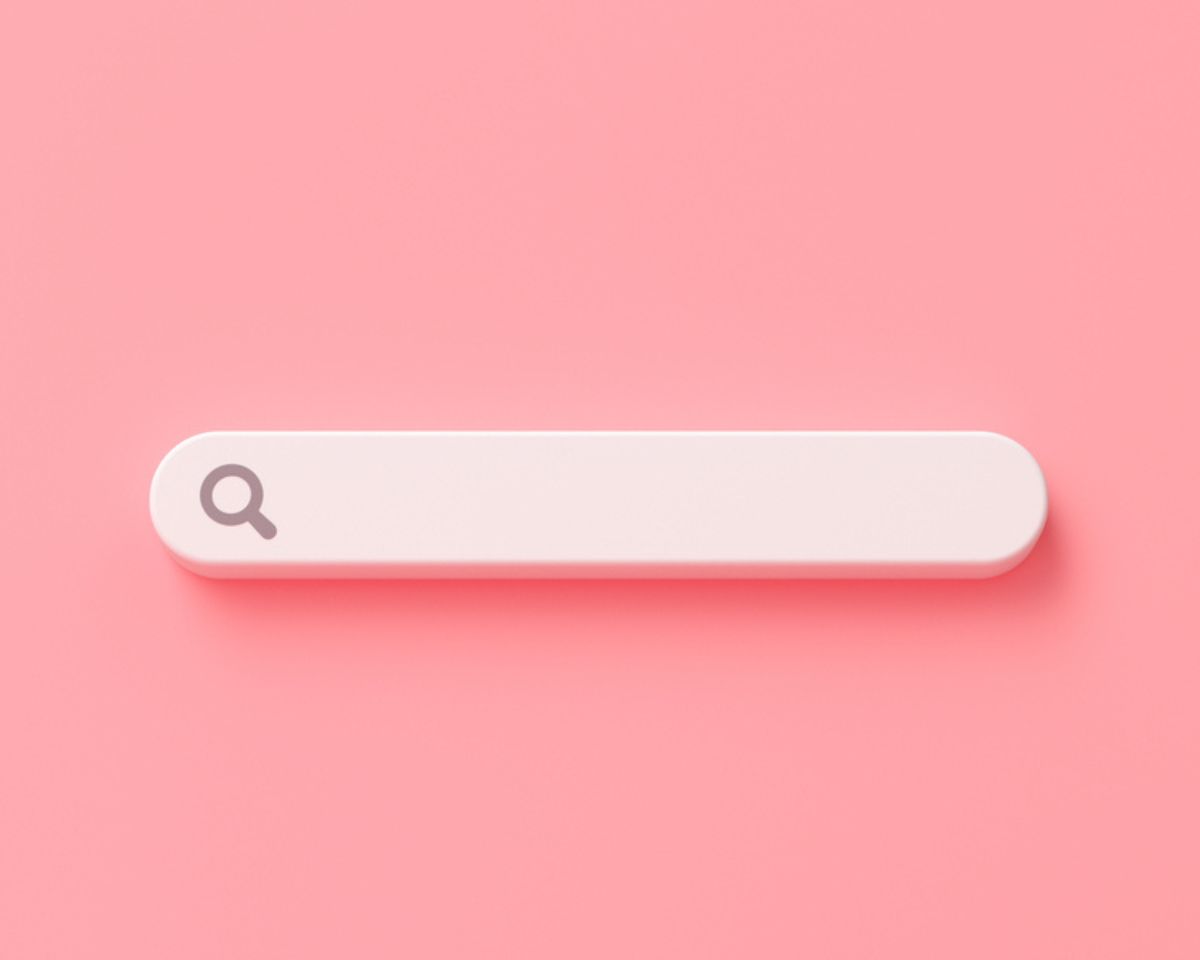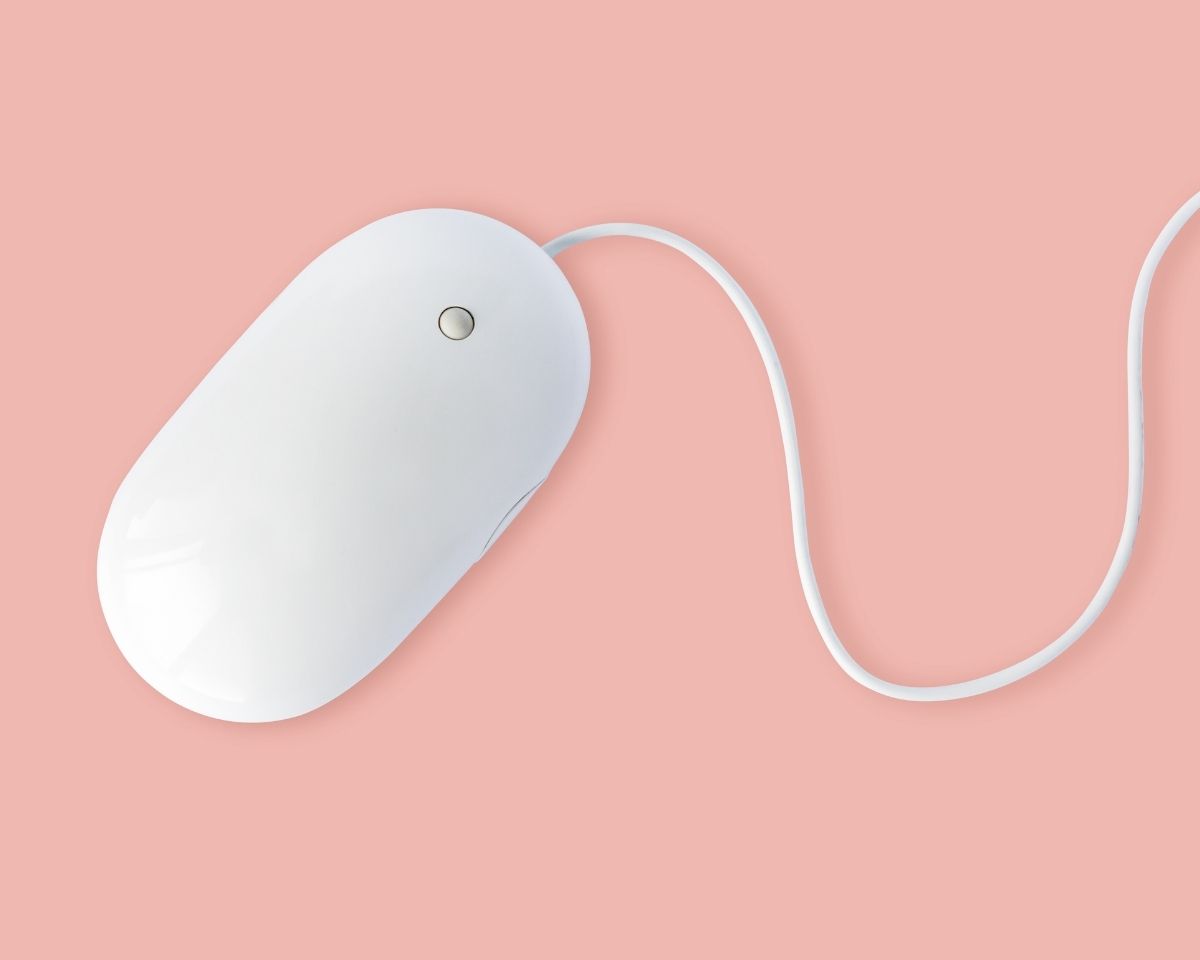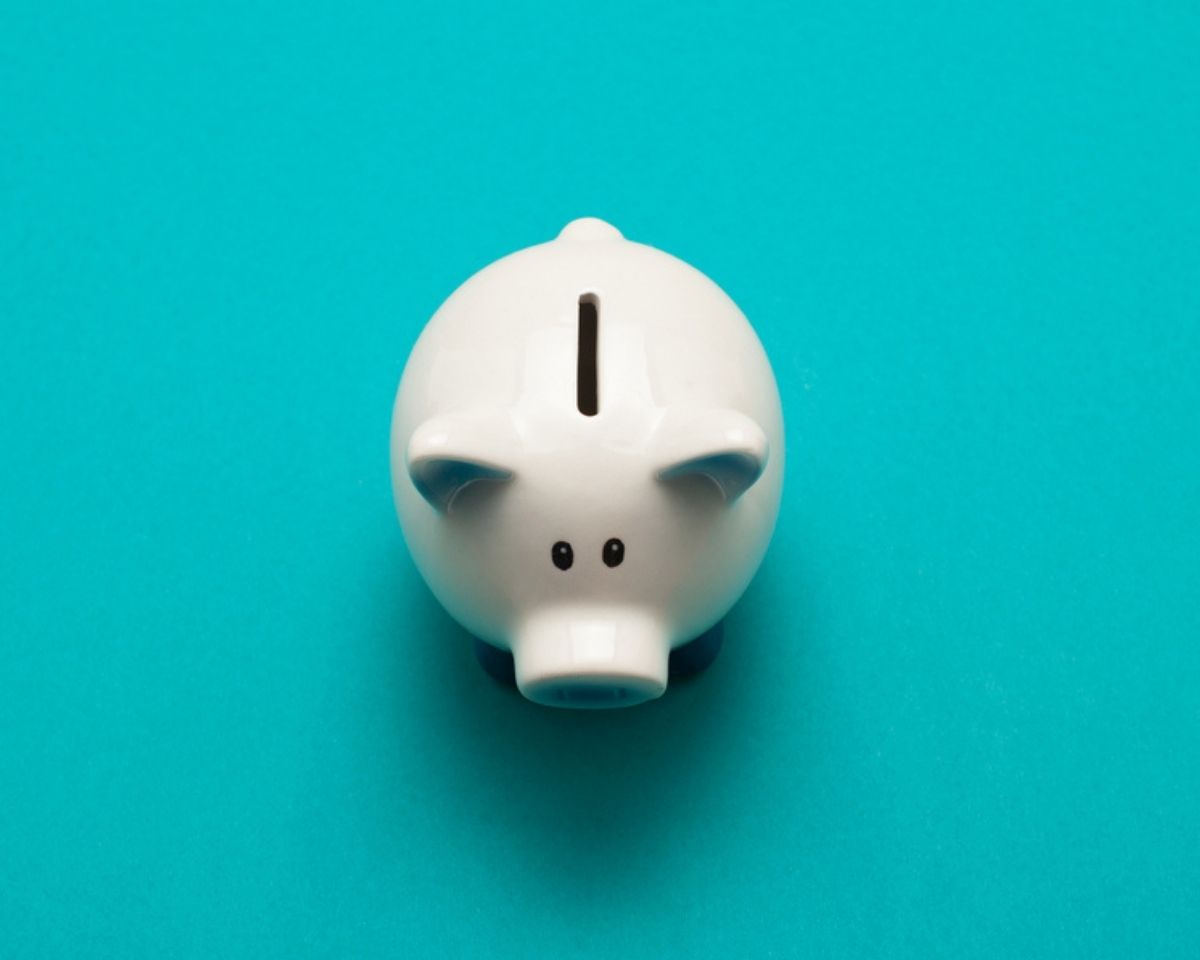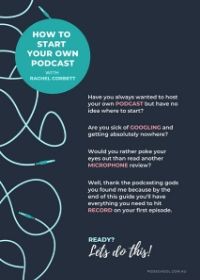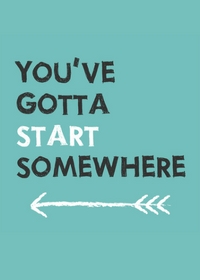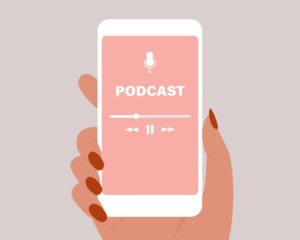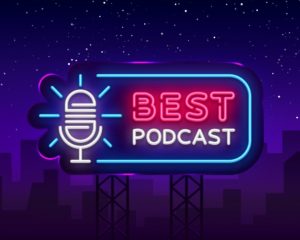
Why a podcast website is worth the effort?
Creating a website for your podcast might seem like a punish when you’re already putting together so much content for your show but it’s really important if you want a truly professional podcast. And here’s why…
A podcast website will help new listeners discover your show
Discoverability is one of the greatest challenges for podcasters so getting your SEO right can help your podcast pop up when people are searching for content outside of podcast apps.
Maybe someone’s looking for information on a guest you’ve interviewed or is interested in a topic you’ve covered in one of your earlier episodes.
If you’ve created detailed show notes for each epiaode and optimised them for search, you’re more likely to turn up in the search results for that keyword.
If people find your show this way you want to make sure you’ve got a podcast player front and centre so they can easily play your episode, as well as details on how they can subscribe or follow your show.
This will help turn website visitors into podcast listeners.
It’s also a great way to get old episodes in front of a new audience even if they were created years before.
Most people won’t scroll back very far in their podcast app but if they’re searching for content in a specific niche on Google, an episode from years ago might turn up in their search results and voila!
Your old content is new again!
A podcast website is a place for listeners to find out more about you
If people like your show they’ll want to find out more about you and a website is the first thing they’ll search for.
A website isn’t just a place for your About Page. It’s also a place where you can educate people about all the different things you do.
Have you got other podcasts they’d enjoy? Then make sure you’ve got a podcast page on your website.
Do you offer a paid program or sell goods or services that would be a perfect complement to the content offered on your podcast? Then pop these additional resources in your sidebar so people can see them when scrolling through your show notes.
If listeners enjoyed your content enough to search for your website it’s likely they’ll want to know more about you so take the opportunity to tell them what else you do.
A podcast website gives you a place to communicate with your audience
True fans of your podcast will want a way to communicate with you outside of the show.
If you’ve got a website it’s a good idea to have a contact page so people can get in touch.
You can also add a Speakpipe button if you’d like people to leave a voice message for your show (they could also record these on their phone and email them in) and links to your social media platforms so they can follow you online.
You might also want to start an email list for your audience but be warned, this is not about collecting email addresses and then blasting out spam.
Building a healthy email list takes a lot of time and hard work and you need to be sharing useful content with your subscribers consistently, not just shouting at them every time an episode is live.
If you want people to share their email address you need to exchange something of value, often called an ‘opt-in’ or ‘lead magnet.’
This can be a useful resource guide or cheat sheet, anything relating to your podcast content that you think your audience would find useful.
For my email list, I share a PDF that explains all the tools and tech you need to start a podcast and then after people join my list, every week I send an email with a podcast tip and another one with a podcast recommendation..
It takes a lot of work to deliver content to your audience every week but it’s essential if you want to build a strong relationship.
A podcast website is a universal link you can share with everyone
Sharing your podcast using a link that works or everyone is essential if you want to grow your audience.
If you’ve only been sharing your podcast via your Apple Podcasts link then anyone who’s clicked on that using an Android phone would have been taken to internet purgatory.
Not a good place to be.
Linking to a page on your website works for everyone, no matter what device they’re on so that can be a simple option.
A podcast website is a place where you can provide even more value for your audience
Don’t get me wrong, a free episode of your podcast is great but with a website you can offer your listeners even more.
Even if it’s as simple as creating detailed show notes that list every link you referred to in an episode so they don’t need to write it down, that’s a valuable resource.
Or maybe you could create a cheat sheet or step-by-step guide that takes people through content you covered in a particular episode (this can also be used as an opt-in or lead magnet to get people to join your email list).
The sky’s the limit when it comes to additional episode content so be creative (but useful) and your listeners will love you for it.
A podcast website gives you an opportunity to monetise your audience
Bringing people to your website means they can take advantage of your affiliate deals, enrol in courses or programs you offer, purchase show merchandise or donate to your show.
You can also get them into your sales funnel via the free resources you create for individual episodes.
Not every listener will turn into a paying customer but you can increase the chances by having a podcast website.
A podcast website provides additional analytics
Google Analytics can give you information on where your website visitors are coming from, what pages they’re spending the most time on, how long they’re sticking around and how they’re finding you.
This can be a great complement to your podcast analytics (which aren’t particularly detailed) and can help you make useful content decisions.
A podcast website makes your show look more professional
Having a home for your podcast online is a great way to control your brand and the messaging around your podcast.
It also helps you build authority in Google and show potential listeners that you’re in this for the long run.
If you’re asking them to commit to you it’s good if they feel confident your show won’t disappear after five minutes and a web presence can help with that.
Pro Tip: Does your podcast website need to be separate from your personal website?
It’s always best to point people to one place rather than having your web traffic spread out over multiple websites but how do you do that?
Easy! Using redirects!
With each of my podcasts, I purchase a corresponding domain name because it makes the messaging in my podcast much simpler.
For example, it’s easier to say “Head to PodSchoolPodcast.com” than it is to say “Head to rachelcorbett.com, find podcasts in the menu and click on PodSchool.”
Who’s going to follow that convoluted path?
To make things simple I redirect my PodSchoolPodcast.com domain to a page on my website that houses the archives of all my PodSchool episodes.
That way people are taken directly to the content they’re looking for with one click but they’re also taken to the hub of all my other content so they can find out more about me, see my other shows and get a feel for my entire brand.
Got a burning podcasting question you’d like answered? Send me an email.
Want to start your own podcast but need a little help? Download my “How To Start A Podcast” guide or sign up for my online podcasting course, PodSchool.
Hello and welcome to the show. Today, I'm going to talk all about podcast websites. Do you need one? Can you be bothered? Should you be bothered? The answer is yes. There are a lot of reasons why having a website for your podcast is important. I'm going to take you through a bunch of them today so you can familiarise yourself with the impact that it can have. The first reason you want a website for your podcast is because it helps with discoverability. If people are searching for certain keywords and you have got your show notes optimised for those keywords or even pages devoted to your podcast optimised for those keywords, people can find your show or individual episodes via search results in Google. So it's very important that you have a website that has some rich information in the show notes for each episode, because not only can it help your show be discovered currently, but if you've got a whole archive of episodes it's very rare somebody is going to scroll all the way down in your podcast app. But an old episode from two years ago could easily pop up at the top of a Google search if somebody was searching for that specific keyword the post was optimised for. So it can be a great opportunity for your show to be found not only currently, but also past episodes, which helps keep older content alive. That's also a good reason to keep your website show notes updated if your content is evergreen because Google loves a bit of an update and we do like to do what Google likes.
The second reason it's a good idea to have a website is that it is a place where listeners can find out more about you. When you've got a podcast it's important to build a relationship with your listeners and for them to get a sense of the depth and breadth of what you do, who you are and what your experience has been. So a website can be a great hub for that kind of thing, and it can be a way to make an audience feel like they know you a little better. If they come to your website and you have other shows, it's a great idea to showcase them on a podcast page. If you have a paid offering or a course or something else you offer that's part of your business, it's a great opportunity to showcase that as well. And of course, an About Page, that gives the listener a bit more context about who you are, where you came from and how you ended up doing this show they love so much. That can all be a great way to make them feel like they know you a bit better, which is important when you are trying to turn people from listeners into fans. A website can also be a way to communicate with those people. So not only is it a place for them to come and find out more about you and get a sense of who you are, but also it's a way for them to get in contact so you can link to all of your social media profiles. They you can have a contact page so people can email you directly. If people like your show, they are going to want to email you. Sometimes they might not like your show and they might want to tell you about that, too, but that is just par for the course. You can also potentially get them to join an email list and send them a newsletter, which can be a really nice way to connect with them and continue the conversation outside of the release of your individual episodes. So communication is really important and your website can provide a bit of a hub for that so that you can keep in contact with the people who enjoy your show.
Next up, a website provides a universal link for you and your listeners to share when they're promoting your podcast. I've got another episode of this podcast that explains universal links and gives you a few examples of how you can create them. But essentially, Apple links do not work for Android phones so you want to make sure whatever link you're using it works on every single phone. The good thing is a website works for everyone, so it could be a simple way to share your podcasts without anybody missing out. Plus, when they click o your link they come to your website which has a bunch of other information they didn't know before.
A website can be a way for you to provide added value for your listeners by providing additional content that deepens the relationship with your audience even more and makes them love you that little bit extra. Maybe if you're teaching things on your podcast, it could be a cheat sheet or PDF that applies to that specific episode. If you are referring to a lot of different products or tools or websites it's a good idea to have all those links in one place on your show notes page so listeners don't have to sit there madly taking notes like it's an exam. Of course, some of those bits of added value like cheat sheets and PDFs can be a way to get people onto your email list and into your sales funnel for your paid services. And that means that your website can be used to monetise your audience as well. Or alternatively, you could have links to where people can donate to your show. You could sell merchandise for your show on your website, or you could also have affiliate links on your website. So it provides an opportunity to turn your podcast into a business by bringing people to your website.
Now, if you are new to podcasts, there is often a bit of a discussion around podcast analytics and where the gaps are and everything is moving in a good direction. But it's super useful for you to have as much information about the people who consume your content as possible. You can get part of that from your podcast analytics, but you can also get that from Google Analytics. If you have a website it can provide some really helpful information about how people are finding you, what pages of your website they are looking at, how long they're sticking around for, and that can help you to make decisions about how you can improve and optimise your content and then you can watch that over time and see how those improvements are working. And it helps you get a more well-rounded idea of the people that are coming to you, whether it's via their ears or their eyes. If you are trying to reach more people, it's a great idea to be in more places and a website is one of those important places to be. Especially with the power of Google and how it can get your show in front of people who might not have ever heard of you before.
And then the final reason to have a website is that it looks professional. There is an assumption you listen to a podcast that you're going to be able to do a bit of searching around for the people who do the show and find a website about it. If you can't find a website for a podcast, it does feel a little bit like maybe this isn't going to be around. There is a sense of professionalism to having a hub on your website where you can control the brand and you can communicate with your audience and it feels like you've got a shopfront. It says to an audience "this is a show I'd love you to commit to because I've committed to it as well.".
And to wrap up I've got a bit of a pro tip. A lot of people ask me about buying a domain for their podcast. I always buy domains for my podcasts. Often when I'm thinking about names for the show, I will change my mind about the name of the show if I can't get the domain. And what I do isn't create a new website for every podcast I have, but rather I take that domain and I redirect that URL so that it goes directly to the page of my personal website where all of my archives for that specific podcast are housed. So that means I'm pushing everybody to one specific website rather than having nine different websites that are getting bits and pieces of traffic here and there. That means people come to find the shows notes via YouveGottaStartSomewhere.com or PodSchoolPodcast.com but then can find all this additional information they might have never known about e.g. my other podcasts and online podcasting course. It makes it feel like a more well-rounded offering but it also makes the messaging around your show a lot easier. It's so much easier to say "If you want to check out the show notes for this episode, head to PodSchoolPodcast.com" than it is to say "Head to RachelCorbett.com then go up to the menu, click on podcasts, go down to PodSchool and you'll find the show notes there." You just want to point people to a really simple place and then let the redirecting do all the work for them.
I hope that's helped you get your head around podcast websites and whether you need one. Do you? Yes, you do. So let's all get comfy with WordPress together. If you need a little extra help with your podcast, please check out my online podcasting course. You can find that at PodSchool.com.au and in the course I take you step by step through everything you need to know if you want to start your own show. I'll see you in the next episode and until then, happy podcasting.
